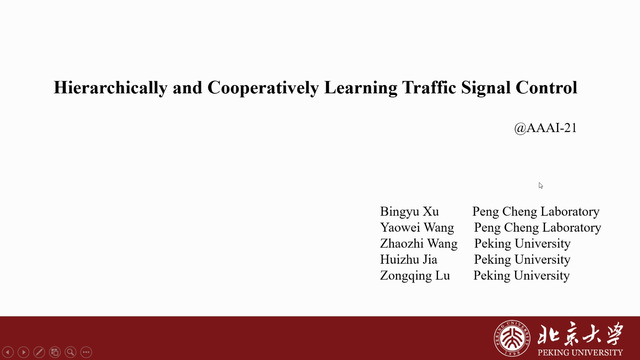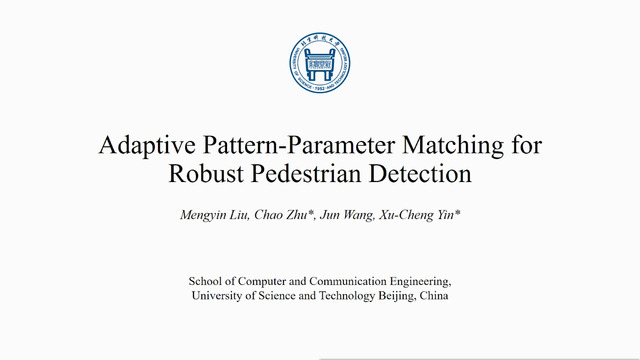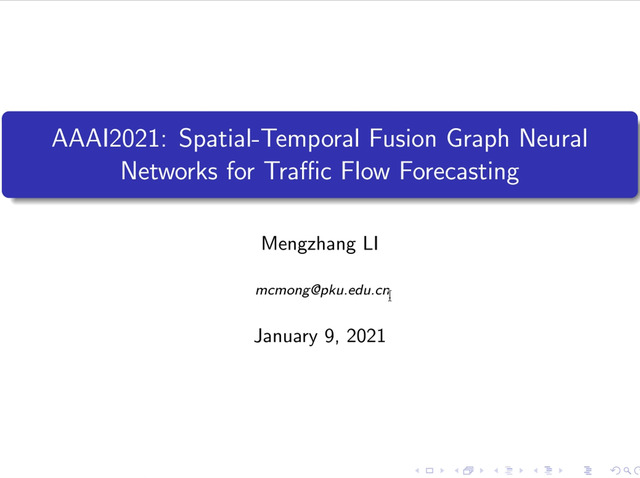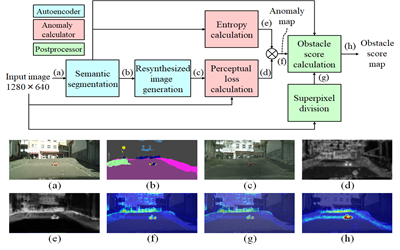Abstract:
Obtaining sufficient traffic state (e.g. traffic flow, density, and speed) data is critical for effective traffic operation and control. Especially for emerging advanced traffic applications, fine-grained traffic state estimation is non-trivial. With the development of advanced sensing and communication technology, connected vehicles provide unprecedented opportunities to sense traffic state and change current estimation methods. However, due to the low penetration rate of connected vehicles, traditional traffic state estimation methods do not work well under fine-grained requirements. To overcome such a problem, a probabilistic approach to estimate fine-grained traffic state of freeway under sparse observation is proposed in this paper. Specifically, we propose Residual Attention Conditional Neural Process (RA-CNP), which is an approximation of Gaussian Processes Regression (GPR) using neural network, to model spatiotemporally varying traffic states. The method can comprehensively extract both constant spatial-temporal and dynamic traffic state dependency from sparse data and have better estimation accuracy. Besides, the proposed method has less computational cost compared with traditional GPR, which makes it applicable to real-time traffic estimation applications. Extensive experiments using real-world traffic data show that the proposed method provides lower estimation error and more reliable results than other traditional traffic estimation methods under sparse observation.









































